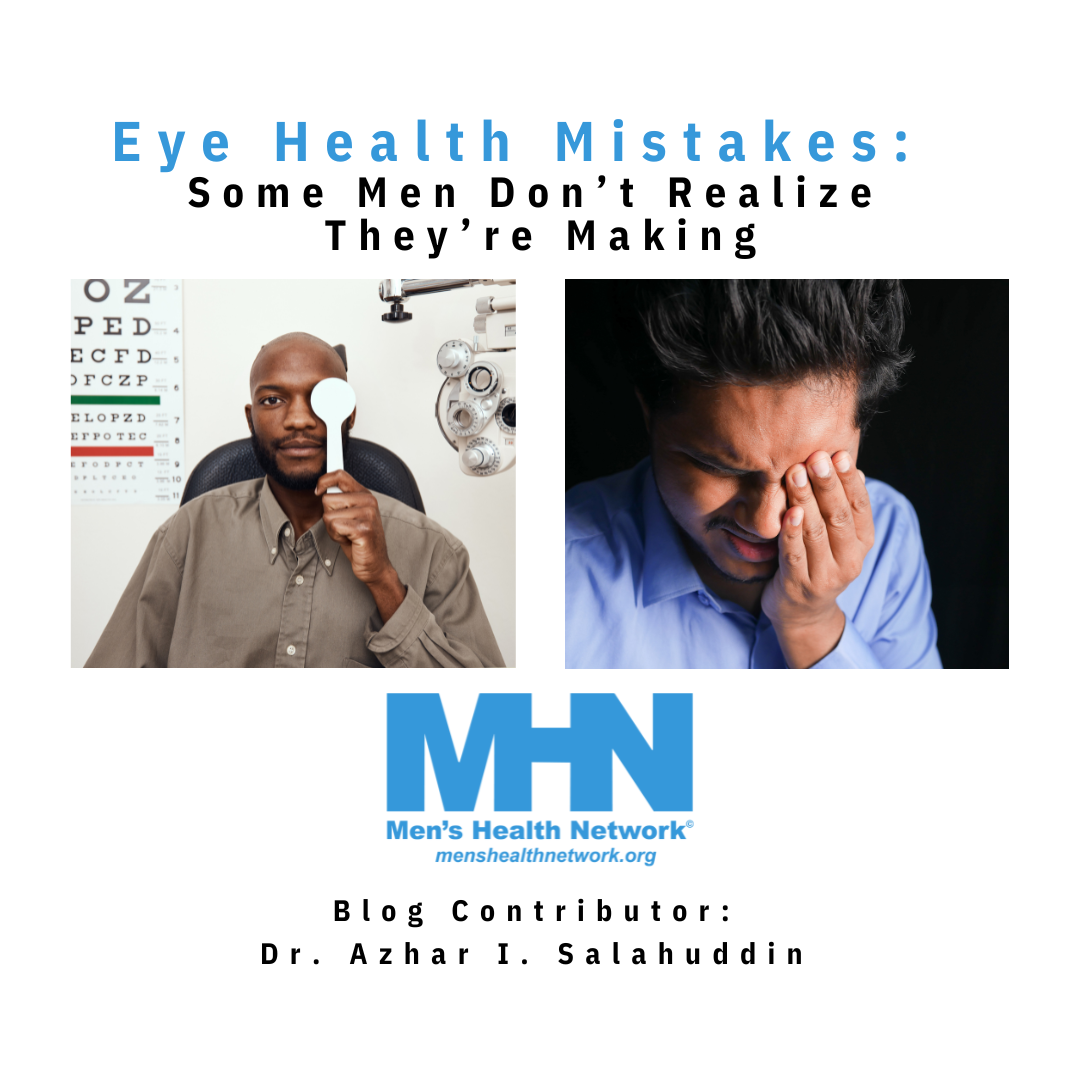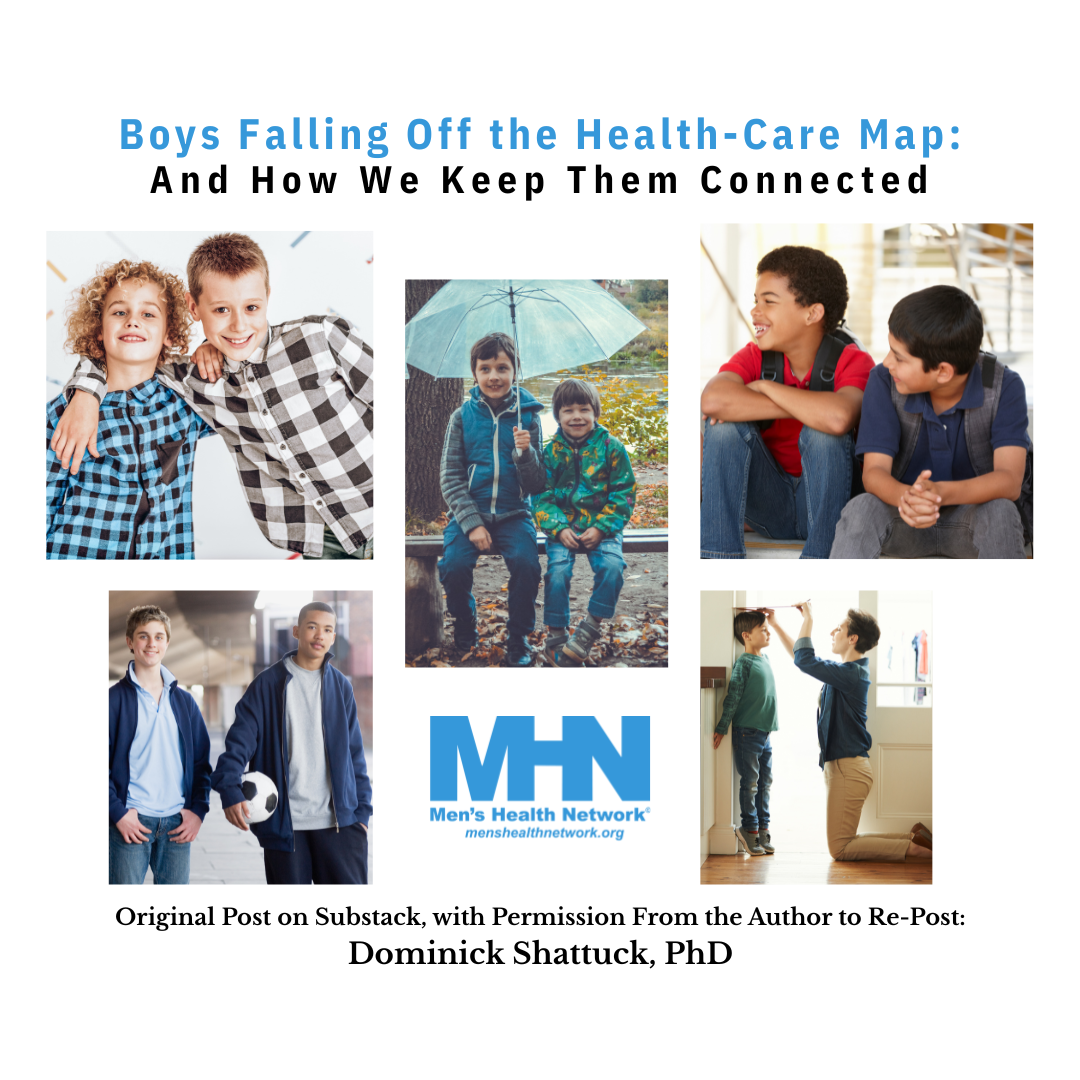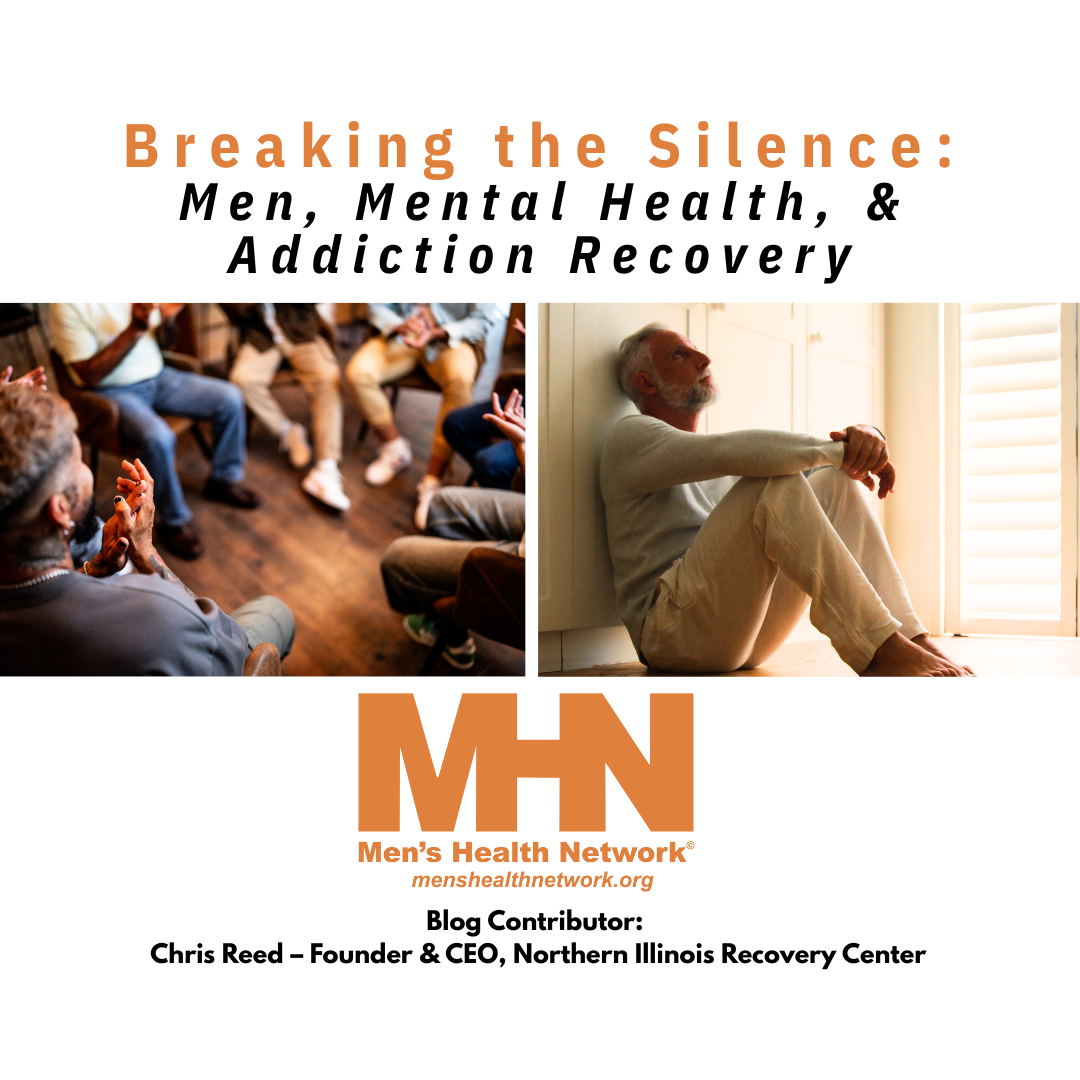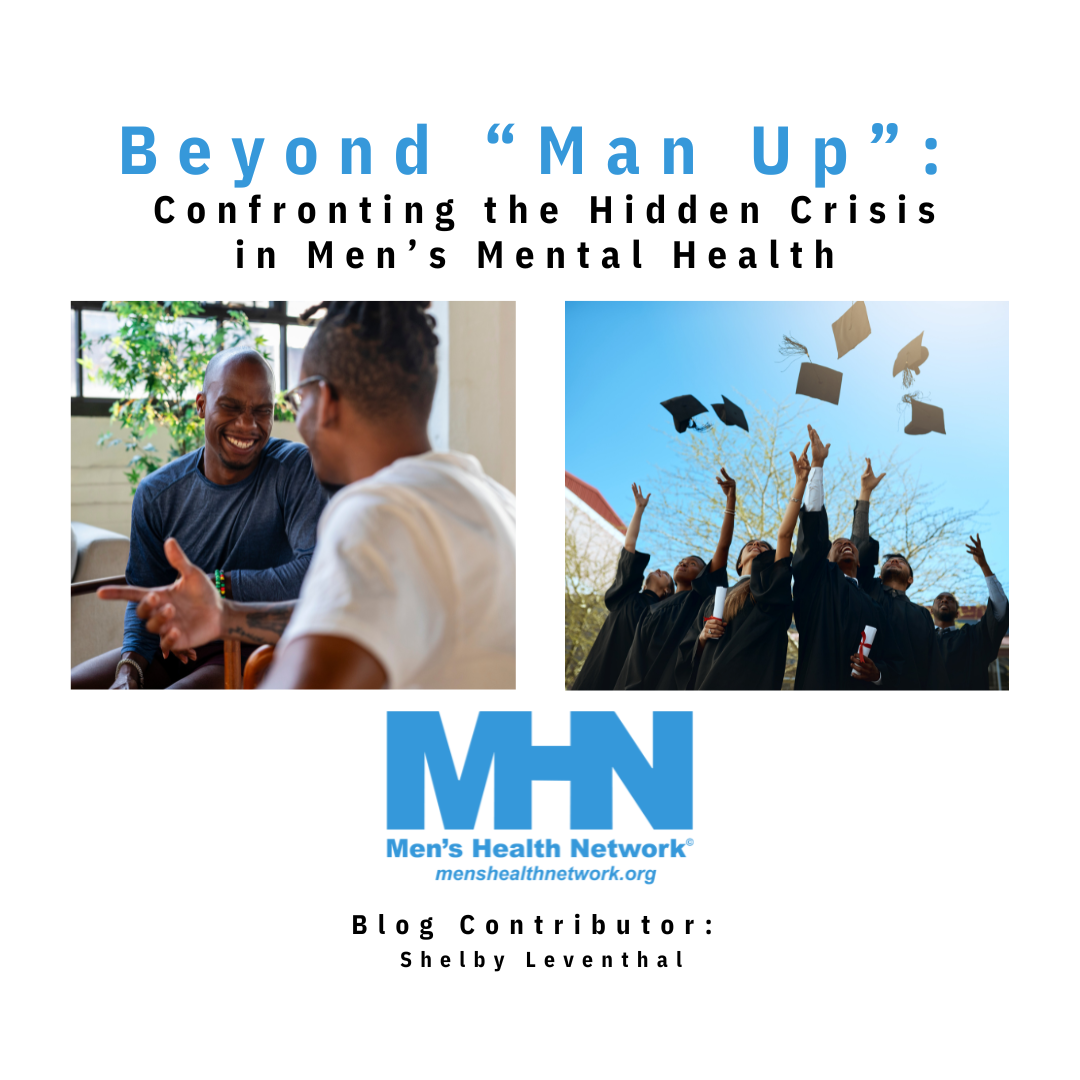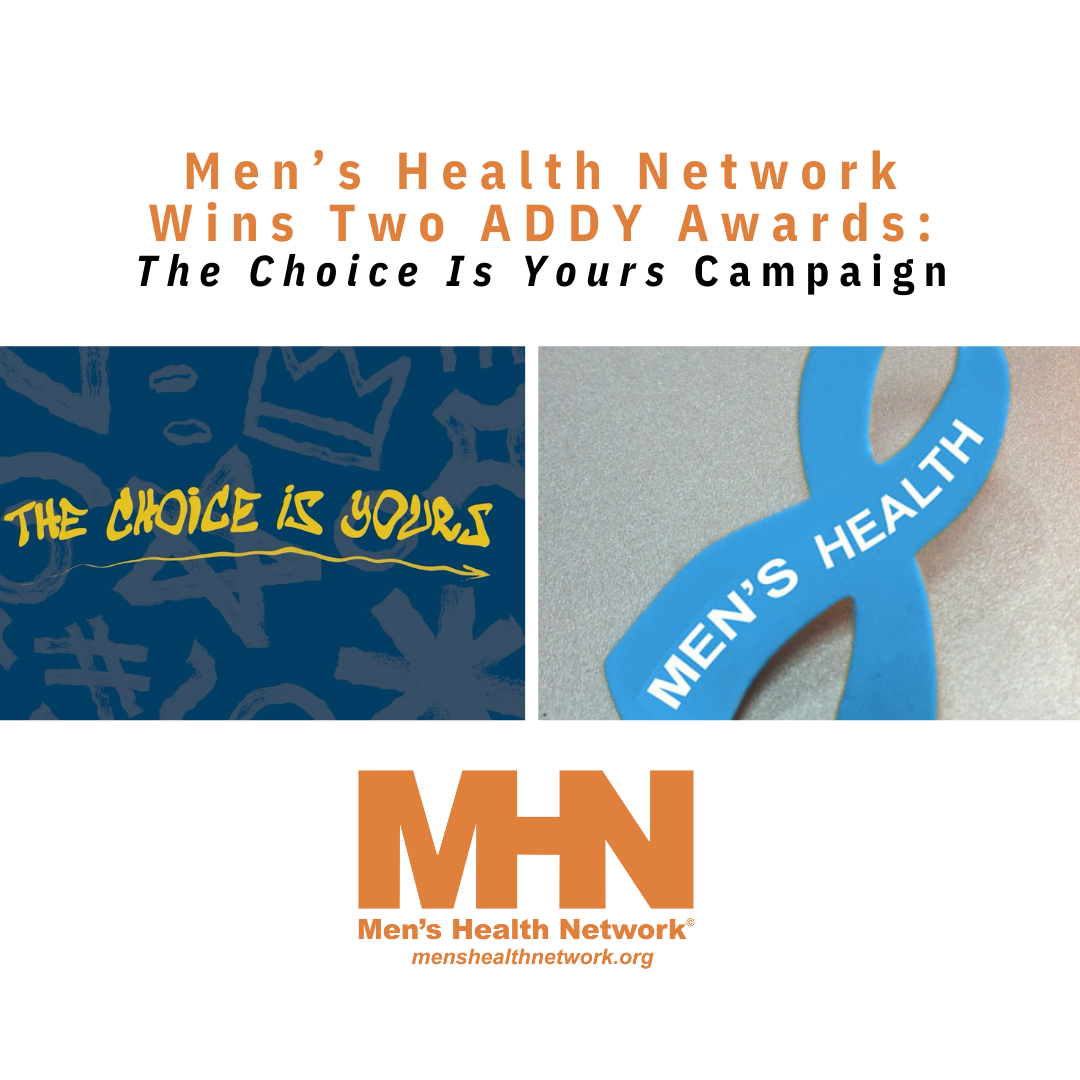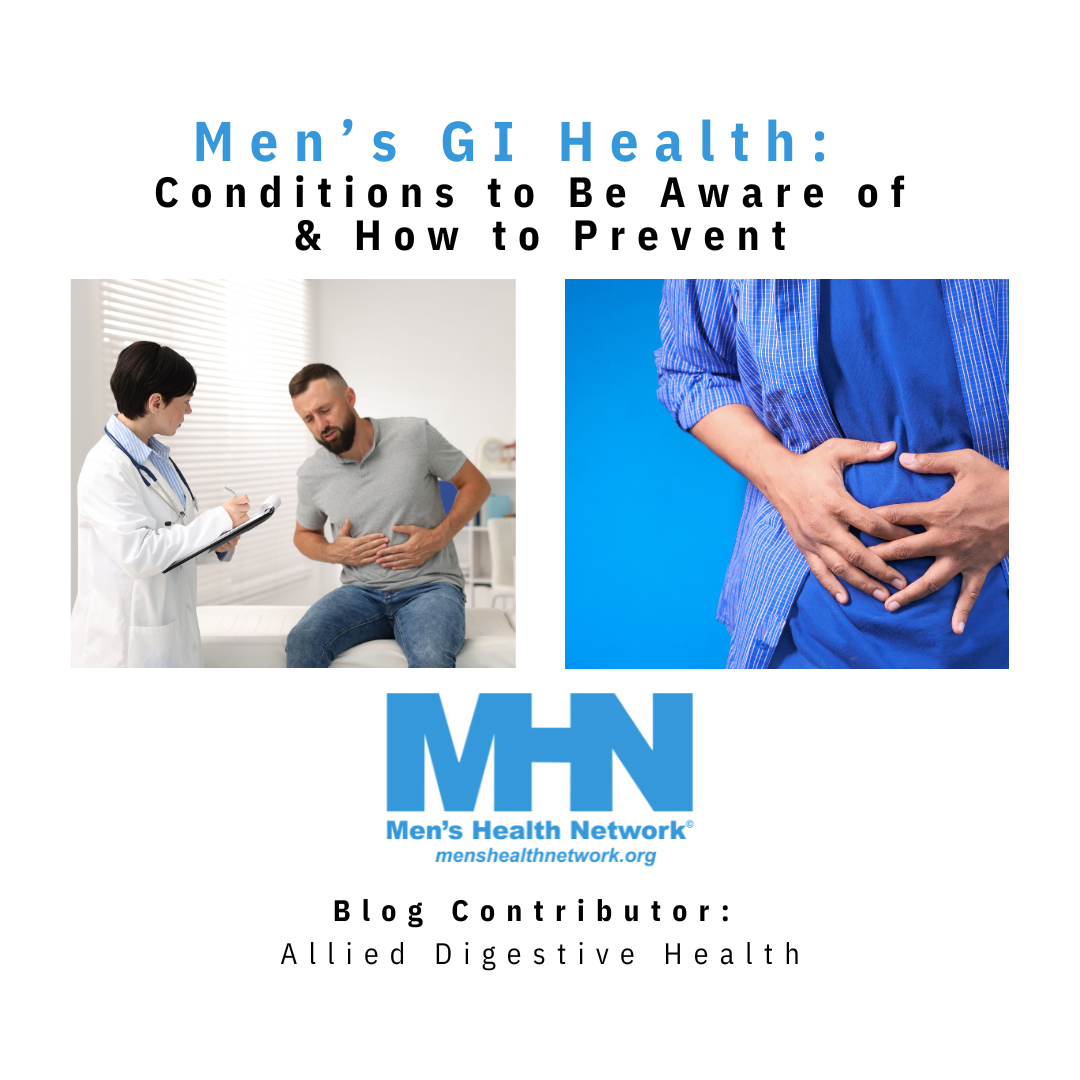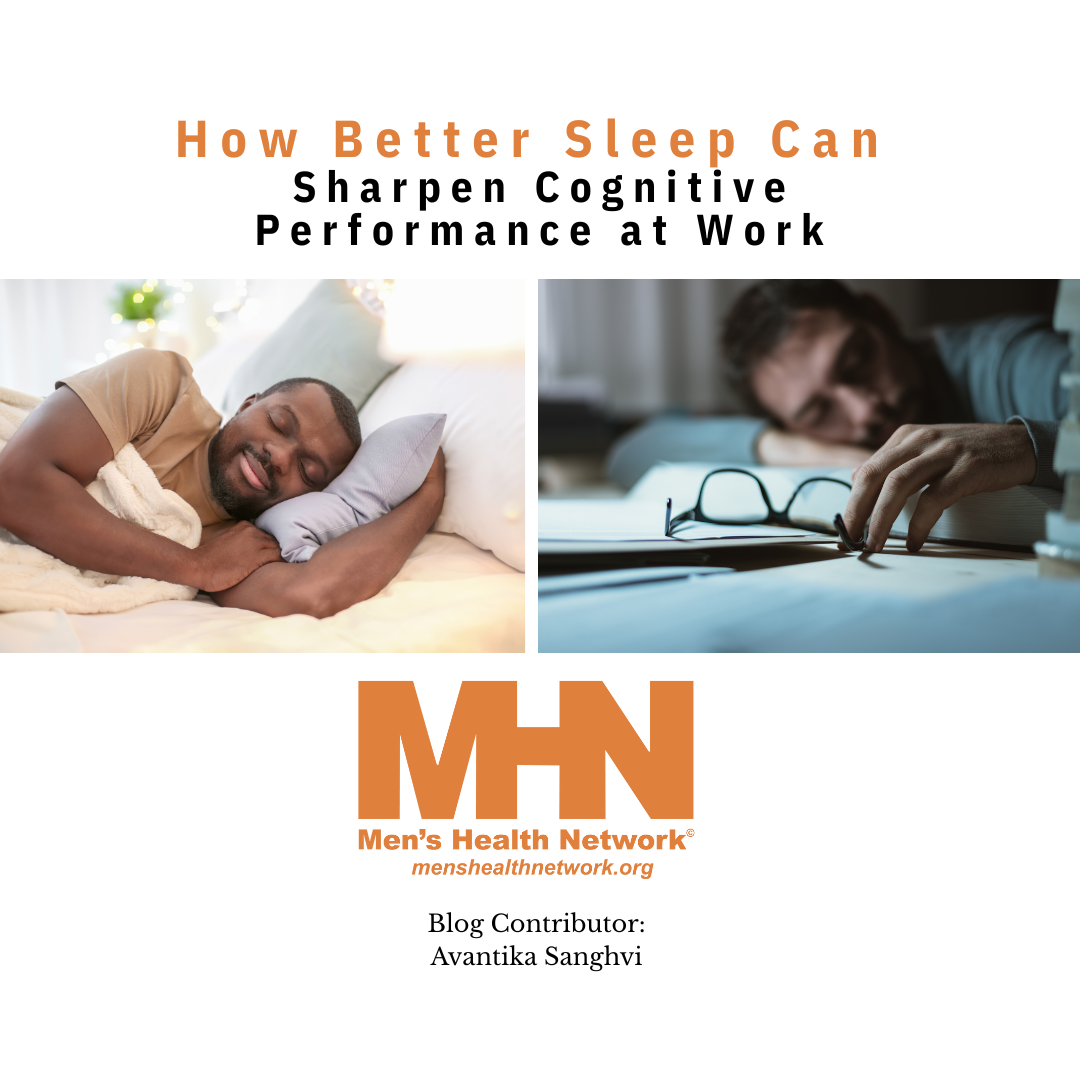For contributors:
The login link has changed to secure the site from spammers and hackers. Please send a message using the Contact Form to receive the new login link.
If you wish to be a contributor, please submit an application at CONTRIBUTOR APPLICATION.
Eye Health Mistakes: Some Men Don’t Realize They’re Making
Many men don’t realize that everyday habits like skipping eye exams, excessive screen time, poor diet, and improper eye protection can quietly damage their vision over time. This blog highlights the most common eye health mistakes men make and offers practical, easy-to-follow solutions to protect eyesight, prevent long-term problems, and support healthy vision at every stage of life.CONTINUE READING→
Boys Falling Off the Health-Care Map: And How We Keep Them Connected
This blog, reposted from Dominick Shattuck, PhD’s Substack with permission from the author, examines new research showing how many boys quietly disengage from preventive health care during the transition from adolescence to young adulthood. Drawing on findings from the Journal of Adolescent Health and decades of men’s health research, the piece explores how masculinity norms, low perceived risk, structural barriers, and unwelcoming health systems contribute to boys “falling off the health-care map.” It highlights why this early disengagement matters for long-term health outcomes and outlines practical, evidence-informed strategies for building health systems that keep boys connected to care before preventable problems become lifelong challenges.CONTINUE READING→
Breaking the Silence: Men, Mental Health, and Addiction Recovery
Men’s mental health and addiction are deeply connected, yet many men struggle in silence due to stigma and cultural expectations. This blog explores the unique mental health challenges men face, the link between untreated mental health conditions and substance use, and the barriers that prevent men from seeking help. Highlighting the work of Men’s Health Network and Northern Illinois Recovery Center, it underscores the importance of male-focused, evidence-based treatment, education, and community support in breaking the silence and helping men begin the path toward recovery and long-term wellness.CONTINUE READING→
Illinois Leads the Nation in Men’s Health: A Closer Look at the 2025 Men’s Health Assessment
Illinois is leading the nation in men’s health by becoming one of the only states with a dedicated Men’s Health Section within its Department of Public Health. The newly released Men’s Health Assessment 2025, authored by Andrew Lerch, DPT, PT, provides a comprehensive, data-driven look at the health challenges facing men across the state. This landmark report highlights disparities, identifies priority areas for action, and offers a blueprint for how states can integrate men’s health into public health strategy, policy, and practice.CONTINUE READING→
Beyond “Man Up”: Confronting the Hidden Crisis in Men’s Mental Health
This blog examines why men’s mental health is often overlooked and how societal expectations and media stereotypes pressure men to hide their emotions. Many men struggle silently due to norms like “boys don’t cry,” leading to difficulty expressing feelings and avoiding help. Through personal insight and real stories, the blog highlights the power of vulnerability and the need for empathy, open conversations, and support. It encourages readers to help create a culture where men feel safe to speak up and seek care.CONTINUE READING→
Merry Christmas from Men’s Health Network: Honoring Our Legacy, Renewing Our Mission
A Christmas message from Men’s Health Network reflecting on a year of progress, honoring a legacy that helped shape the men’s health movement, and recommitting to an empathy-driven mission focused on education, prevention, advocacy, and community outreach, so that men can live longer, healthier lives and remain present for the families and communities that depend on them.CONTINUE READING→
Men’s Health Network Wins Two ADDY Awards: The Choice Is Yours Campaign
Men’s Health Network’s Choice Is Yours campaign—featuring Dres of the iconic 90s hip-hop group Black Sheep—earned two ADDY Awards for Strategic Communications and Web Video, recognizing its culturally authentic, long-form approach to men’s health education. Centered on a three-hour, in-depth conversation, the campaign emphasizes choice, empathy, and trust, meeting men where they are and empowering them to engage with their health on their own terms.CONTINUE READING→
Men’s GI Health: Conditions to Be Aware of and How to Prevent
Men often overlook GI health, but digestive issues can affect overall wellness and may signal serious conditions like IBD, GERD, liver disease, or colorectal cancer. Key warning signs include persistent abdominal pain, bowel changes, unexplained weight loss, and blood in the stool. Prevention centers on a healthy diet, exercise, limiting alcohol, avoiding smoking, and managing stress. Routine screenings—especially colonoscopies starting at age 45—are essential. Early detection and healthy habits can significantly reduce the risk of serious GI disease.CONTINUE READING→
How Better Sleep Can Sharpen Cognitive Performance at Work
The blog “How Better Sleep Can Sharpen Cognitive Performance at Work” emphasizes the vital connection between quality sleep and professional success. It explains that sleep is not merely rest, but an active neurological process that rejuvenates the brain, enhances focus, and supports decision-making, creativity, and emotional stability. Poor sleep, common among busy professionals—especially men—leads to fatigue, low motivation, and reduced cognitive sharpness. A key factor in achieving restorative sleep is mattress quality: a supportive, breathable, and comfortable mattress promotes proper body alignment and uninterrupted rest, enabling the brain to complete its essential sleep cycles. The article offers practical tips such as maintaining a consistent sleep schedule, limiting caffeine, and managing stress to improve sleep hygiene. Ultimately, it argues that investing in better sleep—and the right mattress—is not just about health but also about career longevity, as a well-rested mind fosters productivity, innovation, and leadership in the workplace.CONTINUE READING→
The Impact of Invisalign on Your Professional Image
The blog “The Impact of Invisalign on Your Professional Image” explains how Invisalign clear aligners can enhance both confidence and professionalism in today’s competitive workplace. Unlike traditional braces, Invisalign offers a discreet, comfortable, and convenient way to achieve a straighter smile without disrupting a busy lifestyle. The article highlights key advantages such as fewer dental visits, no dietary restrictions, and easy maintenance—features that make it ideal for working adults. Beyond aesthetics, Invisalign contributes to improved self-image, confidence in communication, and stronger first impressions, all of which are essential for professional success. By helping individuals maintain a polished, approachable appearance, Invisalign becomes more than just a dental solution—it’s an investment in career growth, personal confidence, and long-term success.CONTINUE READING→

